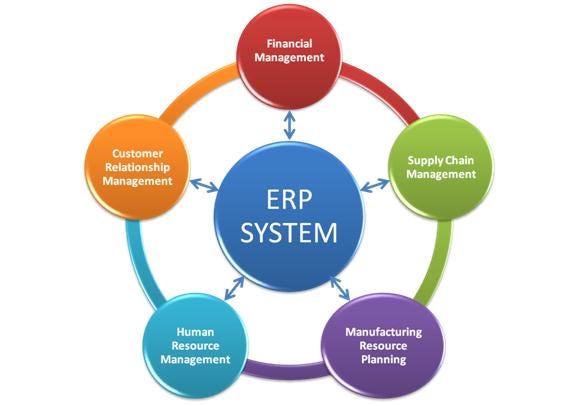In today’s fast-paced business environment, effective decision-making is crucial for staying competitive. Enterprise Resource Planning (ERP) software plays a pivotal role in enhancing decision-making processes by integrating various business functions into a unified system. Here’s how ERP software can significantly improve decision-making in your organization:
1. Centralized Data Access
One of the most significant advantages of ERP software is its ability to centralize data from different departments. Instead of relying on disparate systems and manually compiled reports, ERP provides a single source of truth. This centralization ensures that decision-makers have access to accurate and up-to-date information, enabling more informed and timely decisions.
2. Real-Time Analytics and Reporting
ERP systems offer real-time analytics and reporting capabilities. Decision-makers can generate reports and dashboards that provide insights into key performance indicators (KPIs) and other critical metrics. These real-time insights help organizations quickly identify trends, monitor performance, and make data-driven decisions.
3. Enhanced Visibility Across Departments
ERP software integrates various business functions, such as finance, supply chain, sales, and human resources, into a cohesive system. This integration provides a holistic view of the organization’s operations. Managers and executives can access data across departments, leading to better coordination and more strategic decision-making.
4. Improved Forecasting and Planning
With historical data and predictive analytics, ERP systems can improve forecasting and planning. By analyzing past performance and current trends, ERP software helps organizations anticipate future demands, manage inventory more effectively, and plan for growth. Accurate forecasting enables better allocation of resources and minimizes risks associated with uncertainty.
5. Streamlined Processes and Reduced Manual Efforts
ERP software automates many business processes, reducing the need for manual data entry and minimizing errors. This automation streamlines workflows and ensures that data is processed consistently and accurately. As a result, decision-makers spend less time on administrative tasks and can focus on strategic initiatives.
6. Enhanced Collaboration and Communication
Effective decision-making often requires collaboration between different teams and departments. ERP systems facilitate communication and information sharing across the organization. By providing a common platform for collaboration, ERP software helps ensure that all relevant stakeholders are informed and involved in the decision-making process.
7. Scenario Analysis and What-If Modeling
Many ERP systems offer advanced features for scenario analysis and what-if modeling. These tools allow decision-makers to explore different scenarios and assess the potential impact of various decisions. By evaluating different options and their potential outcomes, organizations can make more strategic and well-informed choices.
8. Regulatory Compliance and Risk Management
ERP systems help organizations stay compliant with regulatory requirements by providing tools for tracking and managing compliance-related data. Additionally, ERP software can identify potential risks and provide insights into risk mitigation strategies. By addressing compliance and risk management proactively, organizations can make decisions that safeguard their operations and reputation.
9. Cost Control and Financial Management
ERP software enhances financial management by providing detailed insights into costs, revenues, and financial performance. Decision-makers can track expenses, analyze profitability, and identify cost-saving opportunities. Better financial oversight allows organizations to make cost-effective decisions and optimize their financial resources.
10. User-Friendly Interfaces and Customizable Dashboards
Modern ERP systems feature user-friendly interfaces and customizable dashboards that make it easy for decision-makers to access and interpret data. Tailored dashboards and visualizations ensure that users can quickly grasp key information and make decisions based on relevant data.
Conclusion
ERP software is a powerful tool for improving decision-making in organizations. By centralizing data, providing real-time insights, and enhancing visibility across departments, ERP systems enable more informed, timely, and strategic decisions. Embracing ERP technology can lead to better planning, reduced risks, and a competitive edge in today’s dynamic business landscape.
